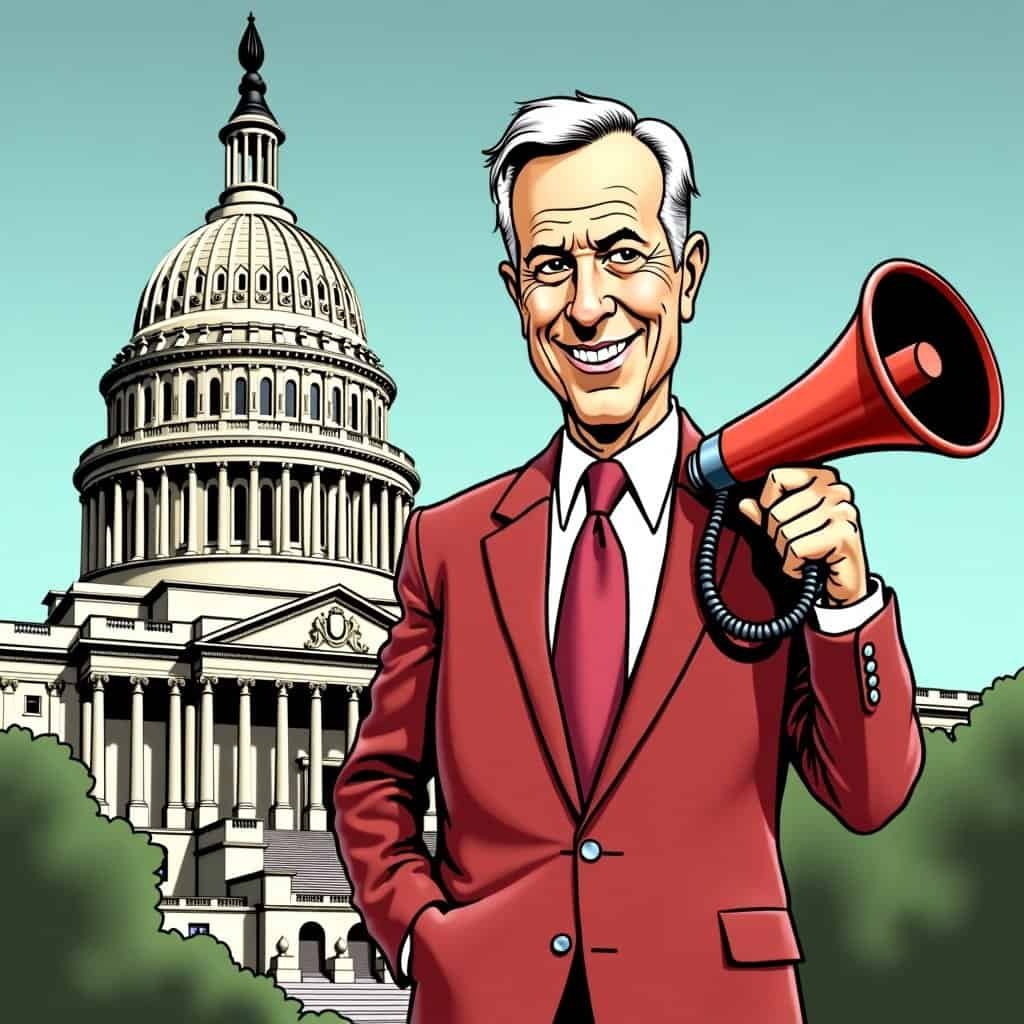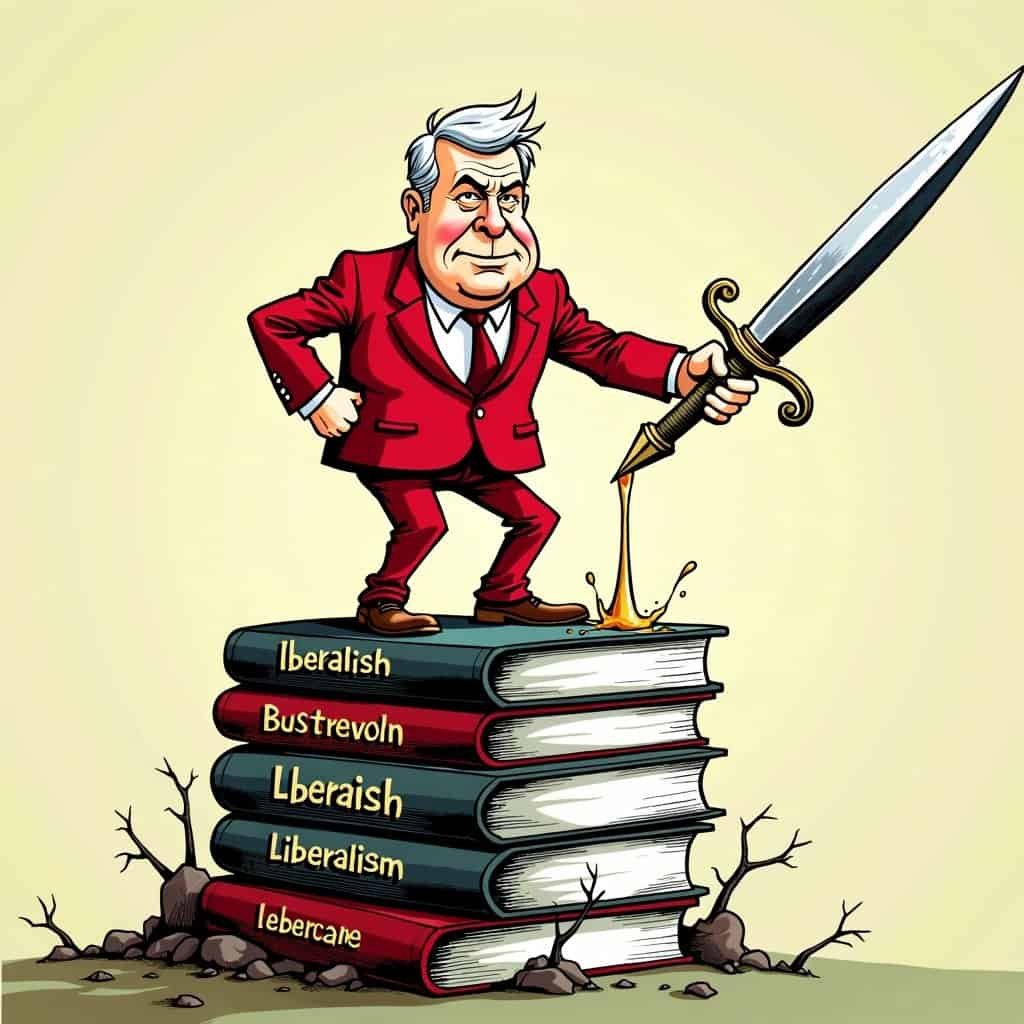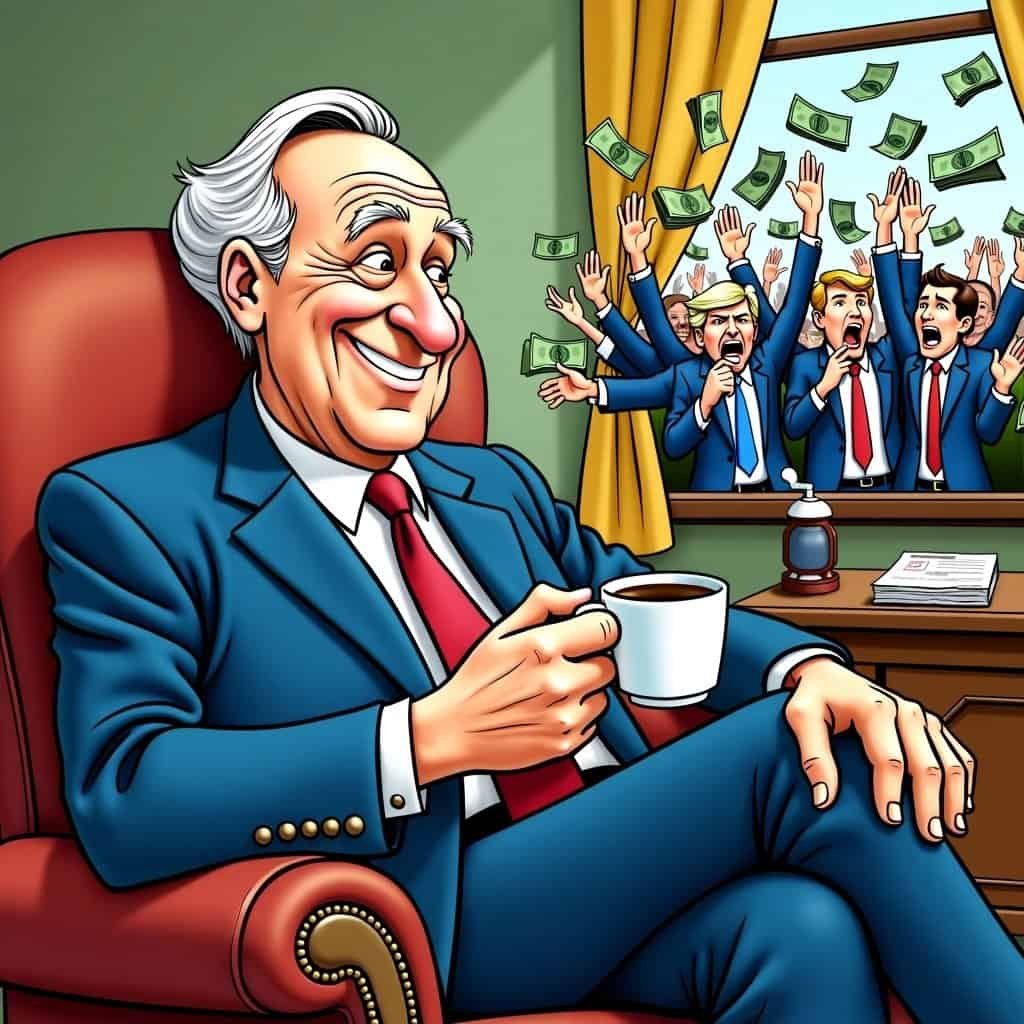William F. Buckley Jr., the man who put the ‘class’ in classical conservatism, wasn’t just known for his witty quips and artful jabs. He was a fierce opponent of centralized power, a stance so fundamentally conservative it might as well come with a bald eagle and fireworks.
Buckley’s aversion to centralized authority wasn’t just clever rhetoric; it was the foundation of his entire ideology. His concept was straightforward: government closer to home—state and local, for those not keeping score—knows best.
Imagine this: A cozy town meeting, where citizens can voice their opinions without needing a cross-country flight or decoding federal jargon. Now, picture a federal behemoth with all the grace of an elephant in a china shop. Which scenario seems more likely to respect your individual liberty? You got it.
Buckley argued that educating Johnny down the street shouldn’t be dictated by paper-pushers in DC, but by teachers and parents who know Johnny—and his penchant for hiding frogs under his desk.
The Founding Fathers’ Wisdom
Even the Founding Fathers—those clever, powdered-wig-wearing gents—understood the dangers of centralized power. Take a peek at your Constitution, folks, it’s all about balance and checks. Buckley certainly did, with the kind of admiration usually reserved for sports cars and Sunday roasts.
Modern Progressives vs. Conservative Values
Watching modern progressives push for centralized programs is like seeing someone try to steer a boat with a noodle. Grand plans of ‘equality’ and ‘fairness’ often result in the exact opposite. Redistribution? Sure, if you want to redistribute motivation right out of society.
Conservative values, however, emphasize opportunity over handouts. As Buckley put it, we’re about opening doors, not using battering rams.
Conservative vs. Progressive Approaches
| Conservative | Progressive |
|---|---|
| Lower taxes | Higher taxes |
| Less government scrutiny | More government oversight |
| Emphasis on opportunity | Focus on equality of outcome |
| Individual responsibility | Collective responsibility |
The Economic Perspective
And let’s not ignore the economic logic. Conservatives believe lower taxes and less government meddling breeds innovation—practically the national pastime. Democrats, with their hands constantly in everyone’s pockets, seem to think otherwise. Tax, spend, repeat—it’s enough to make a small business owner cry into their expense reports.
But don’t lose hope! With the conservative vision, Buckley saw a nation where entrepreneurs, not bureaucrats, lead the charge. When Big Government insists on plucking golden eggs faster than the goose can lay them, it’s only a matter of time before everyone ends up hungry.
Buckley’s America: A Vision of Freedom
Now, back to Buckley’s America: Decentralized, vibrant, and filled with the kind of individual grit that built railroads and founded startups in garages. It’s a country where you’re free to succeed—and occasionally, to fail spectacularly—in your own backyard.
So, what’s the takeaway here? America thrives on the ambition of its citizens, not on the mandates of distant capitals. If you need a reminder, just dust off an old Buckley broadcast. The power of his argument still packs a punch stronger than a caffeinated political rally.
In conclusion, William F. Buckley Jr. wasn’t just a man with a knack for turning phrases; he was the embodiment of opposition to centralized power. And in a world teetering on central authority’s slippery slope, his conservative wisdom is more relevant than ever.
Table of Contents
- The Founding Fathers’ Wisdom
- Modern Progressives vs. Conservative Values
- The Economic Perspective
- Buckley’s America: A Vision of Freedom






